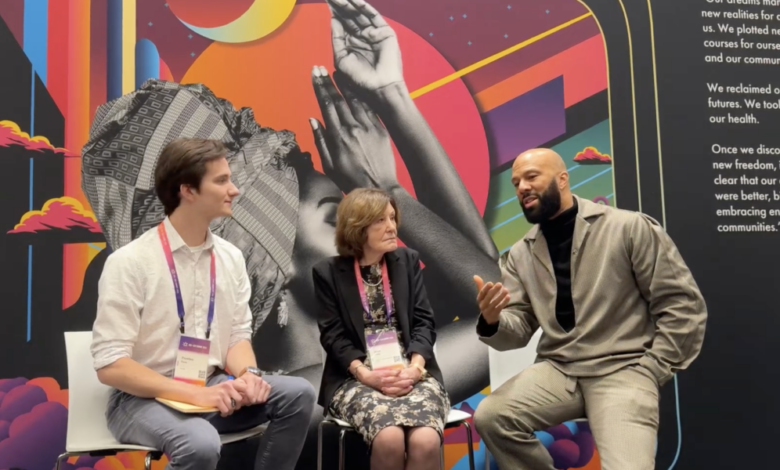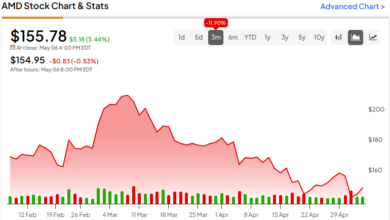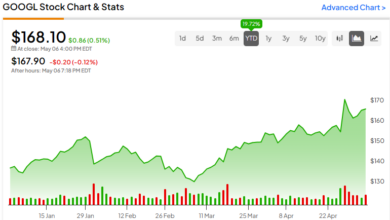Rapper Common launches education initiative to help the youth become ‘Free to Dream’


Common might be best known for his career as an actor and rapper. But, he never would have found success without first having a dream.
And he hopes he can start to help others follow their dreams, too—through his nonprofit, Free to Dream.
ADVERTISEMENT
UNC Kenan-Flagler’s top-ranked online MBA
STEM-designated. Tar Heel ROI. No compromises. Visit Website
“Free To Dream is focused on creating that access for young people to find their dreams and clear the way for them to have access to education, jobs, wellness and justice,” Common says. “The purpose of Free To Dream is creating conditions for our young people to thrive in.”
With help via a $500,000 grant from the student career support nonprofit, American Student Assistance (ASA), the “I Am Free to Dream” campaign was born and will soon provide career exploration and skill-building experiences to opportunity and underestimated youth across the country.
“We are all focused on making (education) better for young people in this country,” says Jean Eddy, the president and CEO of ASA, told Fortune at the ASU+GSV Summit, where the new initiative was formally introduced.
The campaign is set to host regional engagement events to connect young people with potential career pathways as well as provide free content and resources for students, schools, parents, and beyond. Individuals will also get access to ASA’s free digital career exploration and skill-building platforms, including coding courses, resume writing, and virtual internships.
Meeting the students where their dreams are at
Across the country, there are more than five million opportunity youth—meaning individuals aged 16 to 24 who are not in school nor participating in the labor market, according to the Aspen Institute.
“We know that there are millions of opportunity youth including nearly one million involved in the justice system. How did this happen? There were a number of systemic barriers and traumas that lead to it. We need to find ways to identify the root causes for this disconnection and change the way we engage with our young people,” Eddy says.
Free to Dream and ASA hope they can engage with these populations and help youth people activate their own strengths and interests and translate dreams into futures.
“For so many kids in the U.S. today, including those considered opportunity youth and those who are involved in the justice system, there are so many systemic barriers that alienate them from their dreams and make them seem unrealistic or unachievable. They often don’t feel they even have permission to dream,” Common says.
Common adds that it is important for the initiative to connect with local leaders—who truly know the everyday struggles of the young people.
“Together, we are illuminating the possibilities for our opportunity youth,” Eddy notes.
For Common, it’s personal
Common spent his early years on the southside of Chicago, where he had an educator for a mother who truly enabled him to follow his passions. But he realizes this wasn’t the reality for many people who grew up around him.
“As I reflected back on my life I would think, ‘well, what was the difference between me and my homie who chose that path?’ I’m no more special than that individual. It was a dream,” Common explains.
“But I’ve dreamed during some of the most difficult situations and it helped me to get out of hard places. I’ve seen people who are incarcerated who’ve lived through some of the toughest moments, but their dreams actually helped them to overcome their circumstances.”
Common hopes he can too show kids that they are free to dream and there are pathways toward success valuable to them. He describes the feeling as a duty to give back to the communities like Chicago and a need to be part of creating meaningful change.
“I’m super excited about this, I feel like we’re going to elevate beyond what we imagined,” he adds.
Source link




